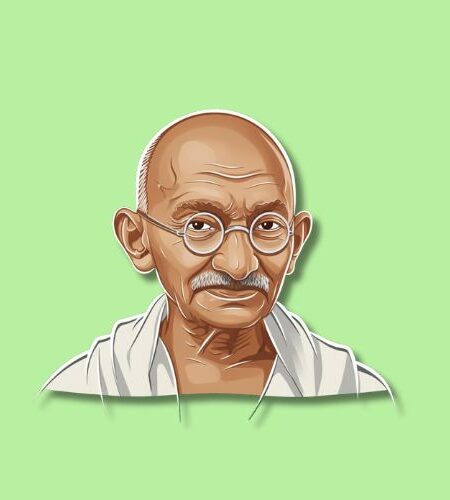International Day of Non-Violence is observed October 2 each year. It was established by the United Nations in 2007 and is held on the birthday of Mahatma Gandhi as a reminder of the power of non-violent action, peace, tolerance, and the shared responsibility to resolve conflicts without harming others.
Table of Contents
History of International Day of Non-Violence
The idea to celebrate non-violence on Gandhi’s birthday gained traction through civil society groups, educators, and leaders inspired by his philosophy of ahimsa. In 2007 the UN General Assembly adopted a resolution to designate 2 October as the International Day of Non-Violence, inviting all member states to commemorate it.
Since then the day has been observed globally, not as a public holiday in most places, but through educational programs, public awareness campaigns, reflections, and events that highlight non-violent methods of resolving disputes and promoting peace.
Why is International Day of Non-Violence important?
This day matters because it emphasizes that non-violence is not just an absence of physical conflict but a positive force rooted in empathy, respect, and justice. It encourages individuals and communities to consider how their actions—big or small—can support peace rather than escalate tension.
It also reminds us that violence often arises when voices are silenced, injustice is ignored, or fear prevails. By spreading awareness about non-violent alternatives—dialogue, forgiveness, peaceful protest—we strengthen society’s capacity to heal, to rebuild, and to grow more compassionate.
- because it invites us to reflect on how we treat others and resolve conflicts peacefully
- because education and awareness can prevent cycles of harm and retaliation
- because non-violence has historically led to great social change
- because promoting peace helps build more inclusive and resilient communities
- because remembering Gandhi’s legacy can inspire personal and collective responsibility
How to Celebrate International Day of Non-Violence
You might observe this day by learning more about Gandhi’s life and teachings—reading his quotes, watching films or documentaries, or discussing with others how his philosophy could be applied today.
Another way is to organize or participate in local events: vigils, peace marches, community dialogues or workshops that teach non-violent communication, conflict resolution, or mediation. Even simple gestures—acts of kindness, listening without judging, or speaking up for someone—can make a difference.
- reflect quietly on moments when you chose peace over anger or aggression
- share stories or quotes about non-violence with friends or online
- support or volunteer with organizations working toward peaceful conflict resolution
- practice non-violent communication in your daily life
- promote education and awareness in your community
International Day of Non-Violence Dates Table
| Year | Date | Day |
|---|---|---|
| 2025 | October 2 | Thursday |
| 2026 | October 2 | Friday |
| 2027 | October 2 | Saturday |
| 2028 | October 2 | Monday |
| 2029 | October 2 | Tuesday |
Subscribe to our newsletter and never miss a holiday again!

